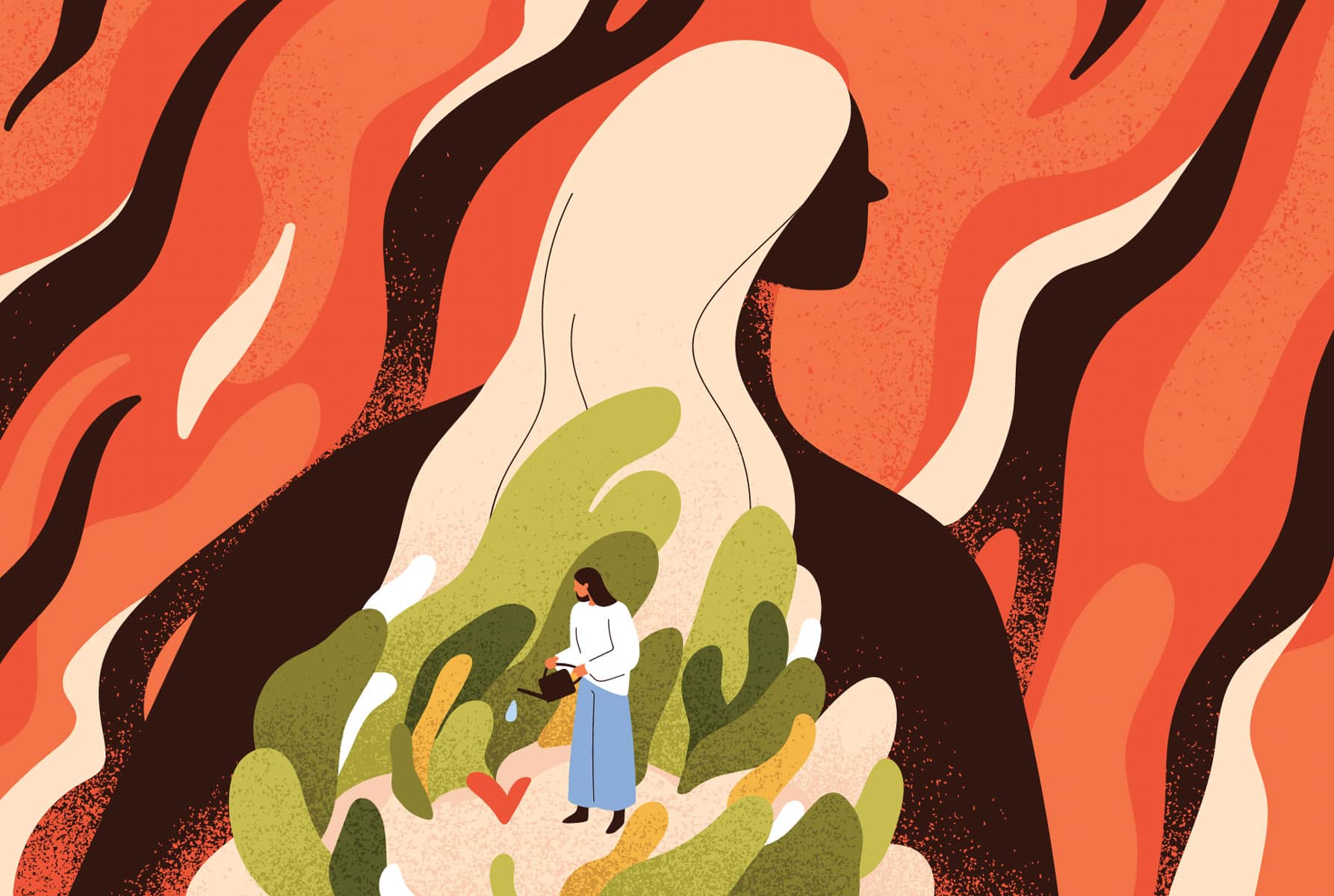Although survivors of trafficking should be directed to services and resources, they are often criminalized and charged with prostitution and other crimes they were forced to commit. These charges remain on victims’ criminal records, which prevent them from finding safe housing, obtaining jobs, and pursuing educational degrees. This underscores the importance of laws including vacatur statutes and victim immunity, which would allow victims to rebuild their lives instead of remaining trapped by their criminal records.
As an aspiring lawyer, I hope to utilize the law to assist those who have been mistreated and to hold accountable the individuals who have acted unjustly. I appreciate the opportunity to study the federal and DC anti-trafficking laws because I now have a better understanding of the laws themselves and the policies that are needed to improve our service of survivors of trafficking.
Since I am interested in international law as well, I was grateful to see international collaboration on trafficking issues first-hand this summer. For example, Amara met with a delegation from Chile to compare anti-trafficking initiatives and highlight areas for improvement. I learned that the U.S. and Chile both face similar legal issues while fighting for victims’ rights in court and passing anti-trafficking legislation. Having studied Culture and Politics in college, I believe that it is important to learn from other countries and to try to work together to accomplish common goals. Amara’s meeting with the Chilean delegation is a perfect example of international collaboration on human rights issues.
Amara combines international, national, and local interests in combating human trafficking, which I think is vital because the supply and demand for sex trafficking crosses all borders. In particular, it was eye-opening for me to learn more about sex trafficking here in DC where I have lived for the past four years.
During my internship, I researched the case of Linwood Barnhill, the DC police officer who forced teenage girls to sell sex. In addition to learning the facts of the cases and speaking with the U.S. Attorney’s Office, I explored his criminal charges. Although his crime fits the definition of human trafficking, he has only been charged with pandering of a minor and child pornography.
As a result of my research and the guidance of Stacie Reimer, I was able to write a blog post drawing attention to the mishandling of this case. Whereas before my work with Amara I would have seen Barnhill’s arrest as an outright victory, I am now able to think critically about the way the law is being upheld. Although it is certainly a victory to arrest a trafficker, it is necessary for Barnhill to be penalized appropriately according to the law. Moreover, it is essential for activists like us to speak up on behalf of trafficking victims in these cases.
The importance of advocacy was further demonstrated to me when I shadowed Ms. Reimer at HIPS, which is sex workers advocacy organization in Washington, DC. Ms. Reimer and several Amara volunteers come to HIPS to do legal intake for those who otherwise cannot afford legal services. Without the proper resources and tools, many of these individuals cannot expunge their records or manage domestic violence/criminal cases.
During our time at HIPS, I learned about the struggles individuals confront in obtaining jobs with criminal records and I recognized the importance of providing legal services to these individuals so they can re-establish their lives. Although it is informative to read news articles and legal guidelines, the first-hand experience of hearing these individuals’ stories is something that I will bring with me throughout law school as I learn about human rights law and try to find a niche in the public interest sector.
I had a wonderful internship experience this summer and would like to thank everyone at Amara for all that they have taught me in the past several weeks.
By Caroline Ackerman



